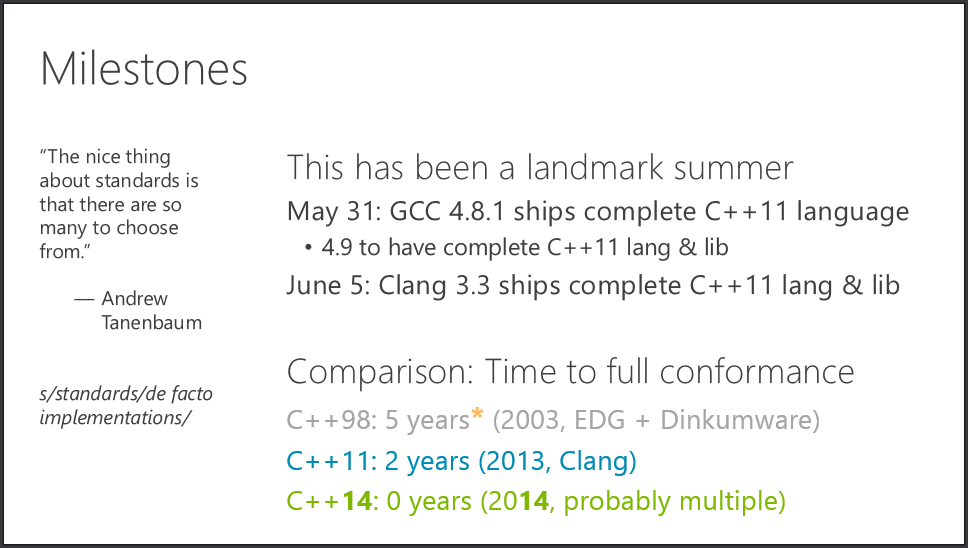Type Erasure, Part 4 -- Andrzej Krzemieński

Type Erasure, Part 4
by Andrzej Krzemieński
From the article:
In this post we will be wrapping up the series on type erasure. We will see an another form of value-semantic type erasure:
boost::any, and try to compare the different methods.

 The solution to the latest GotW problem is now available:
The solution to the latest GotW problem is now available: